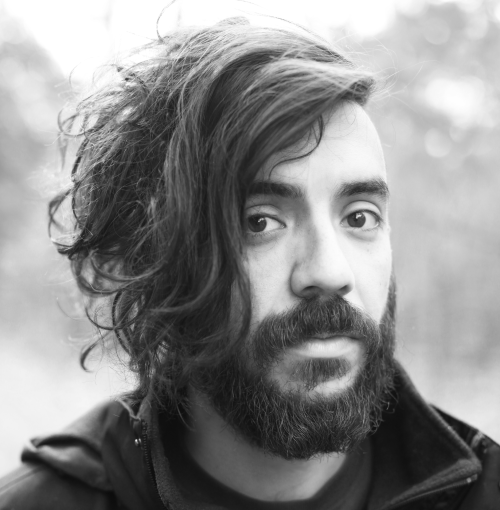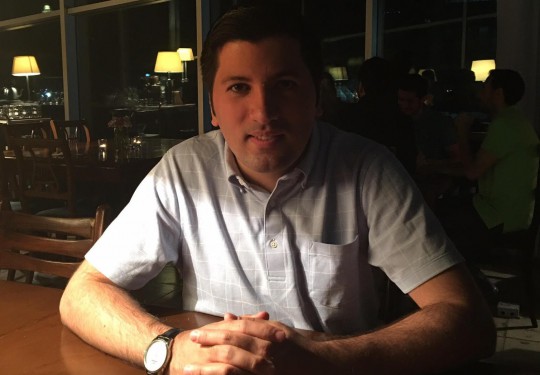Our editors pull both national bodies of literature and international exchanges into focus this week with a melange of events alive with tribute, celebration, and solidarity. In Toronto, a wide ranging arts and culture festival bring Iranian New Wave poetry and theatre to its stages. Valencia Poetry Festival proves a worthy debut with enthralling performances, experiments, and urgent messages. Tibetan literature and academia is featured with a comprehensive translation of a classic Buddhist text and a rich anniversary conference. This week’s dispatches are not to be missed!
Poupeh Missaghi, Editor-at-Large, reporting from New York City
Tirgan Festival, a celebration of Iranian art and culture, is held between July 25 and 28 in Toronto, Canada. This year’s festival includes some fifty events with participation of two hundred thirty guests, including performers, musicians, writers and poets, scholars, and others.
One of the events is a tribute to Iranian New Wave poet Yadollah Royaï (born 1932). Currently based in Paris, Royaï is one of the founders of “espacementalisme,” a poetry style influenced by Husserl’s phenomenology. The event will include scholars Farzaneh Milani and Khatereh Sheibani, editor and journalist Hassan Zerehi, Tirgan CEO Mehrdad Ariannejad, and Yadollah Royaï himself.



